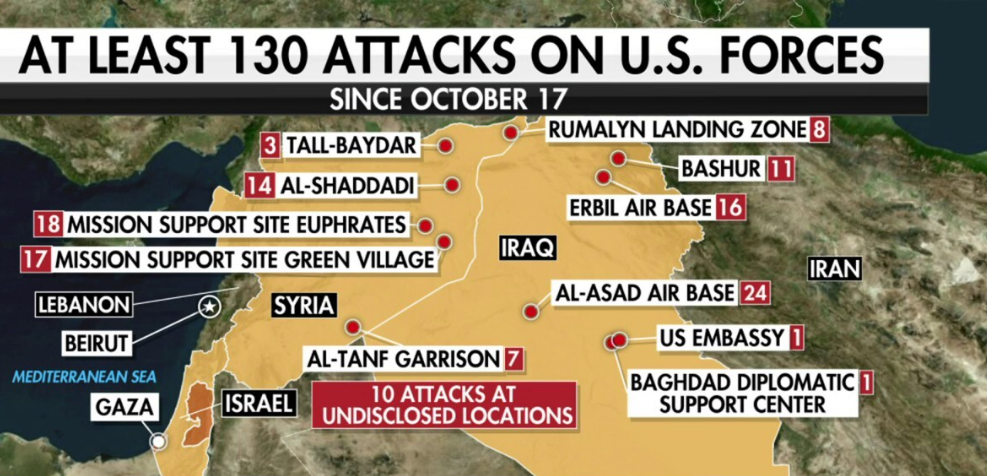Global Outrage Grows Over U.S. Airstrikes in Yemen as Civilian Death Toll Rises — as the death toll continues to climb, international leaders and humanitarian organizations are sounding alarms over the severe consequences of America’s recent military actions. The April 2025 U.S. airstrikes, aimed at Houthi-controlled targets in Yemen, have reportedly killed over 80 civilians and injured at least 150 more, according to field hospitals and aid groups.

Why the U.S. Conducted Strikes in Yemen
The U.S. Department of Defense stated the strikes were a response to threats posed by Houthi rebels against international shipping lanes in the Red Sea. Officials claimed these attacks were “precautionary defense measures” to protect U.S. and allied vessels from drone and missile threats in a vital maritime zone. However, the strikes hit near residential areas, sparking backlash.
Key Point: While intended as a military deterrent, the outcome has led to civilian suffering, and the destruction of critical infrastructure in an already devastated nation.
Civilian Impact: A Humanitarian Crisis Deepens
Recent attacks targeted locations near the Ras Isa oil terminal and parts of Hodeida. These areas, densely populated with civilians, saw catastrophic damage. Local doctors have reported treating burn wounds, shrapnel injuries, and trauma cases, many of them children.
Damage Summary Table
| Impact Area | Details |
|---|---|
| Death Toll | 80+ civilians confirmed dead |
| Injured Civilians | 150+ injured, many in critical condition |
| Key Infrastructure | Ras Isa oil terminal destroyed |
| Hospitals | Overcrowded, facing supply shortages |
| Aid Agency Status | UN and Red Cross mobilizing emergency responses |
Global Response: Widespread Condemnation from Allies and Rivals
The global community responded swiftly. The United Nations, European Union, and several Middle Eastern nations issued strongly worded statements urging the U.S. to halt its campaign and investigate the airstrikes. France and Germany called for an emergency UN session. Human Rights Watch declared the action “reckless” and potentially in violation of international humanitarian law.
Understanding the Global Tension:
Here is a map for easier understanding of the ongoing crisis and international reactions:
U.S. Airstrikes in Yemen
|
---------------------------------------------------
| | |
Civilian Casualties Global Condemnation Military Objective
| | |
80+ dead, 150+ hurt UN, EU, NGOs react Defend Red Sea shipping
| | |
Hospitals overwhelmed Calls for investigation Targeting Houthi rebels
| | |
Humanitarian emergency Potential UN emergency Oil terminal bombed
The Strategic vs. Moral Debate
Critics argue that while national defense is a valid goal, the method and timing of the strikes have worsened Yemen’s already critical humanitarian crisis. Supporters of the U.S. administration claim the attacks were necessary to stop Houthi escalation and protect maritime trade. However, the civilian price continues to raise ethical concerns.
Data Point:
- 24 million Yemenis currently rely on humanitarian aid.
- Over 4 million people have been displaced since the start of the war.
- Fuel prices in the region have increased by 35% in just 48 hours after the bombing of Ras Isa.
How It Affects the U.S. on the Global Stage
America’s image is at stake. The world watches how the U.S. balances military strength with humanitarian responsibilities. Failure to prevent civilian casualties could undermine global alliances and embolden critics in geopolitical forums.
Diplomatically, the U.S. risks strained relations with regional allies and diminished influence at the United Nations. Already, several senators and human rights watchdogs have urged Congress to review military actions taken without full transparency.
What Comes Next?
As of now, there is no sign of de-escalation. The Pentagon remains firm, while Yemeni hospitals report rising death tolls. Aid groups are demanding access to the bombed zones, and civilian evacuation is underway. Whether this leads to a wider conflict or forces international negotiations depends on the next few days.
Crucial Questions:
- Will there be a formal investigation?
- Can humanitarian aid enter affected zones?
- Will the U.S. revise its engagement policies in Yemen?
Conclusion: The Path Forward Requires Accountability
The U.S. must address the rising international concerns with transparency and responsibility. Independent investigations, diplomatic outreach, and humanitarian support will be key to restoring trust and easing the suffering of Yemen’s civilians. A failure to act thoughtfully now could lead to long-term damage—not just for Yemen, but for America’s global reputation and credibility.
The world is watching. And so is history.
[USnewsSphere.com / ap]





